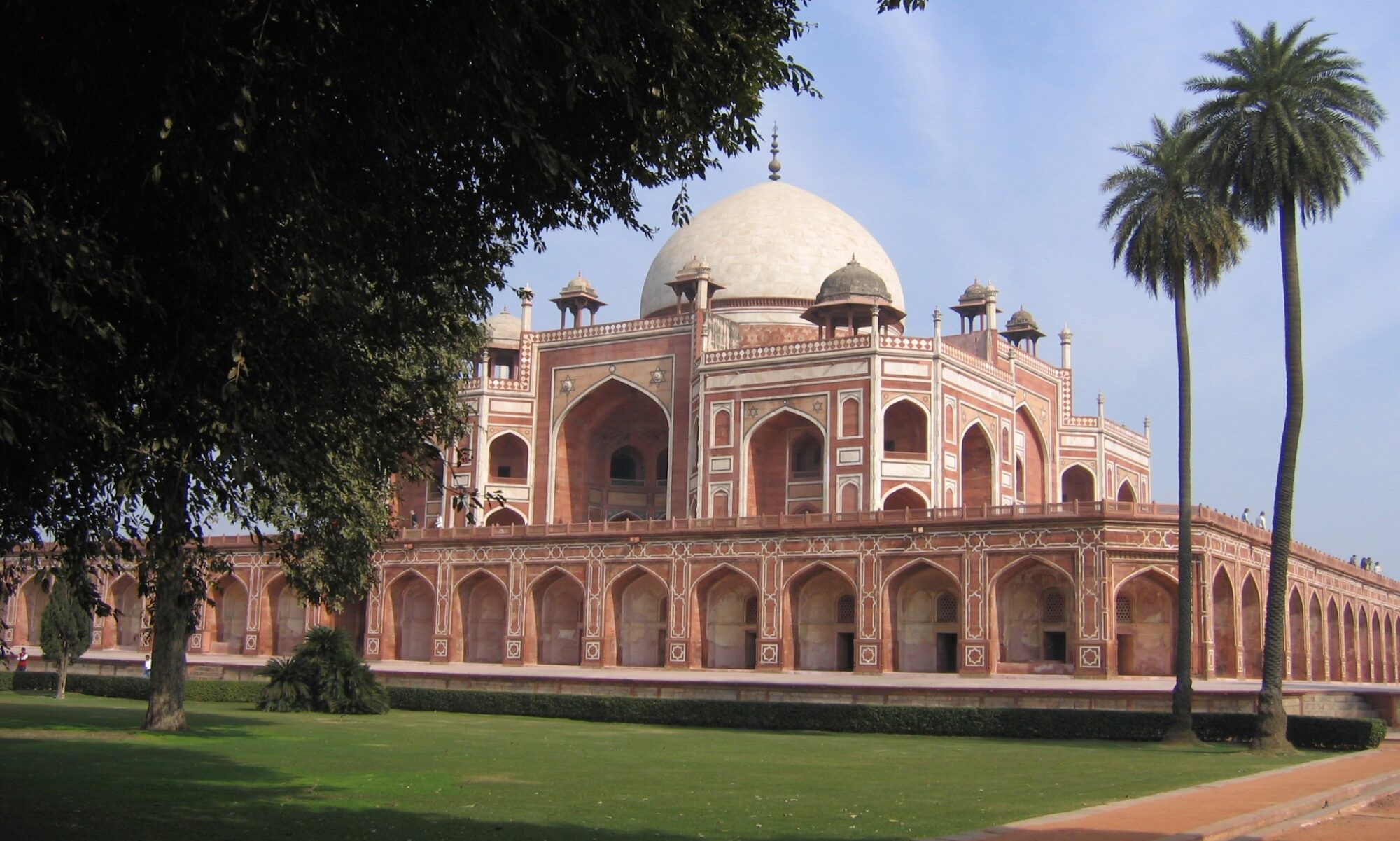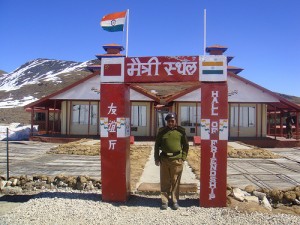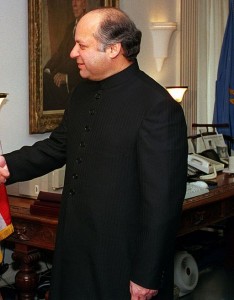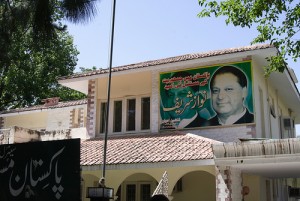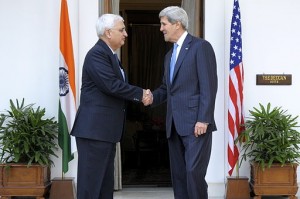
June 25, 2013: On his maiden voyage to India as secretary of state, John Kerry put his own stamp on an ambitious agenda for reinvigorating U.S. – India ties and strengthening the staying power that this high-maintenance relationship requires. The next few months will feature further high-level contacts: in July, the Indian ministers of commerce and finance will visit Washington and Vice President Joe Biden will go to New Delhi; Prime Minister Manmohan Singh travels to Washington in September. The challenge for the United States will be to build on the issues that Kerry stressed – the economic relationship, but also Afghanistan and Pakistan, and furthering our engagement in East Asia. This series of action-forcing events should reinfuse the India-U.S. partnership with more of the “can do” spirit that brought about the 2008 nuclear deal.
Continue reading “Kerry in India: Steady Steps toward Partnership”
